My loved one has schizoaffective bipolar Rapid Cycling, PTSD/Trauma with a drug addiction. He’s been in & out of the ER/Psych ward the last month+. He’s withdrawing from methadone and was daily using cocaine, crack, meth, K2, marijuana. He’s been living homeless in Bal ...
About Northeast Georgia Physicians Group Psychiatry
Northeast Georgia Physicians Groups (NGPG) is the sixth-largest physician group in North Georgia with over 700 interdisciplinary experts providing 40 specialty care across 50 locations. As a patient, you’ll have direct access to their five campuses, including this one in Gainesville, which is known as NGPG Laurelwood.
This facility supports adults and adolescents struggling with substance misuse and mental health conditions. Their continuum of care ranges from detoxification and inpatient treatment to partial treatment and intensive outpatient care alongside aftercare support.
They offer in-person, phone and video appointments. They accept Medicaid and Medicare plans alongside several commercial insurances to keep costs low and enhance access to a broader audience.
Support at all Stages of Addiction Recovery
Most people start their recovery journey here with detox or supervised withdrawal management following assessment. This aims to let the body rid itself off addiction-related toxins. During this procedure, you’ll be cared for by expert physicians who will monitor you 24/7 to ensure your safety and comfort.
These experts may offer FDA-approved meds if necessary to help you manage painful withdrawal symptoms. They may also offer evidence-based therapy to help you deal with the psychological aspects of withdrawal.
You may transition to inpatient treatment for intensive support or step down to partial hospitalization for structured therapy following detox and once you’re stabilized. It all depends on your unique needs. Intensive outpatient care can help you balance recovery with daily responsibilities if you seek flexibility in recovery.
As you progress, aftercare support will ensure you stay connected to resources and maintain lasting recovery. I like how this facility promotes positive and wholesome therapeutic experiences thanks to their competent and compassionate care personnel. They make the whole recovery experience feel empowering, helping you build confidence as you heal.
Latest Reviews
Rehab Score
Gallery
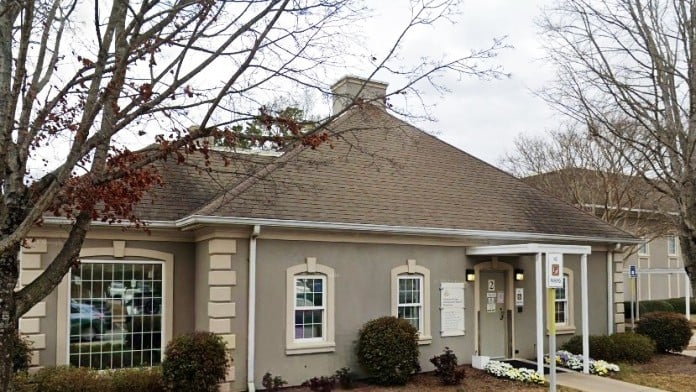
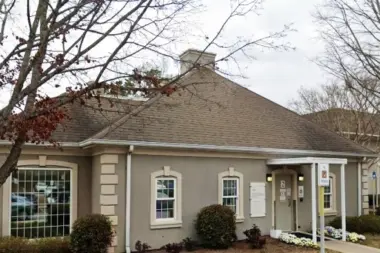
Other Forms of Payment
Private insurance refers to any kind of healthcare coverage that isn't from the state or federal government. This includes individual and family plans offered by an employer or purchased from the Insurance Marketplace. Every plan will have different requirements and out of pocket costs so be sure to get the full details before you start treatment.
Self-pay involves paying for treatment out of your own pocket. You can use savings or credit, get a personal loan, or receive help from family and friends to fund your treatment. If you don't have insurance or your insurance plan doesn't cover a specific program, self-pay can help ensure you still get the care you need.
Financial aid can take many forms. Centers may have grants or scholarships available to clients who meet eligibility requirements. Programs that receive SAMHSA grants may have financial aid available for those who need treatment as well. Grants and scholarships can help you pai for treatment without having to repay.
Addiction Treatments
Levels of Care
Outpatient Programs (OP) are for those seeking mental rehab or drug rehab, but who also stay at home every night. The main difference between outpatient treatment (OP) and intensive outpatient treatment (IOP) lies in the amount of hours the patient spends at the facility. Most of the time an outpatient program is designed for someone who has completed an inpatient stay and is looking to continue their growth in recovery. Outpatient is not meant to be the starting point, it is commonly referred to as aftercare.
Residential treatment programs are those that offer housing and meals in addition to substance abuse treatment. Rehab facilities that offer residential treatment allow patients to focus solely on recovery, in an environment totally separate from their lives. Some rehab centers specialize in short-term residential treatment (a few days to a week or two), while others solely provide treatment on a long-term basis (several weeks to months). Some offer both, and tailor treatment to the patient's individual requirements.
Intensive Outpatient Programs (IOP) are for those who want or need a very structured treatment program but who also wish to live at home and continue with certain responsibilities (such as work or school). IOP substance abuse treatment programs vary in duration and intensity, and certain outpatient rehab centers will offer individualized treatment programs.
Drug and alcohol addiction often takes a heavy toll on one's body. Over time, a physical dependence can develop, meaning the body physiologically needs the substance to function. Detox is the process of removing drugs and/or alcohol from the body, a process that can be lethal if mismanaged. Medical detox is done by licensed medical professionals who monitor vital signs and keep you safe, healthy, and as comfortable as possible as you go through detox and withdrawal.
Treatments
The goal of treatment for alcoholism is abstinence. Those with poor social support, poor motivation, or psychiatric disorders tend to relapse within a few years of treatment. For these people, success is measured by longer periods of abstinence, reduced use of alcohol, better health, and improved social functioning. Recovery and Maintenance are usually based on 12 step programs and AA meetings.
A quality drug rehab in Georgia can help you overcome addiction. This environment is designed to help you address the complex issues contributing to drug dependence. The goal of treatment is to give you the tools you need to make a full recovery.
Opioid rehabs specialize in supporting those recovering from opioid addiction. They treat those suffering from addiction to illegal opioids like heroin, as well as prescription drugs like oxycodone. These centers typically combine both physical as well as mental and emotional support to help stop addiction. Physical support often includes medical detox and subsequent medical support (including medication), and mental support includes in-depth therapy to address the underlying causes of addiction.
Substance rehabs focus on helping individuals recover from substance abuse, including alcohol and drug addiction (both illegal and prescription drugs). They often include the opportunity to engage in both individual as well as group therapy.
While in treatment for a substance use disorder, mental health services are provided, and you have access to a mental health counselor or therapist round the clock. Clinical staff constantly monitor your care, and you receive a number of mental health therapies including individual and group counseling, relapse prevention education, and coping skills training. Other mental health offerings will vary by rehab.
Programs
Adult rehab programs include therapies tailored to each client's specific needs, goals, and recovery progress. They are tailored to the specific challenges adult clients may face, including family and work pressures and commitments. From inpatient and residential treatment to various levels of outpatient services, there are many options available. Some facilities also help adults work through co-occurring conditions, like anxiety, that can accompany addiction.
Young adulthood can be an exciting, yet difficult, time of transition. Individuals in their late teens to mid-20s face unique stressors related to school, jobs, families, and social circles, which can lead to a rise in substance use. Rehab centers with dedicated young adult programs will include activities and amenities that cater to this age group, with an emphasis on specialized counseling, peer socialization, and ongoing aftercare.
Clinical Services
Group therapy is any therapeutic work that happens in a group (not one-on-one). There are a number of different group therapy modalities, including support groups, experiential therapy, psycho-education, and more. Group therapy involves treatment as well as processing interaction between group members.
Men and women in Georgia may experience Motivational Interviewing techniques while undergoing individual therapy for drug and alcohol addiction treatment. This approach helps you explore how you feel about drug use and it strengthens your commitment to maintaining treatment. It is particularly useful in the early stages of recovery.
During family therapy sessions in Georgia, members address the emotional toll that addiction has had on them. Therapists help your family develop coping strategies and improve the family unit's communication. This provides a stable environment that supports the recovery process.
Amenities
-
Residential Setting
-
Private Setting
Staff
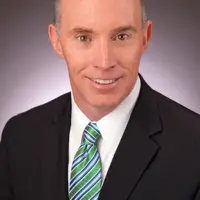
Daniel Tuffy, MBA, FACHE, CMPE
President and CAO
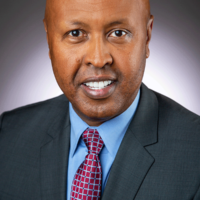
Bedri Yusuf, MD, MBA, FACP, SFHM
Chief Physician Executive
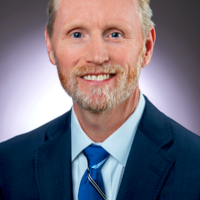
Bobby Norris, MBA-HC
VP of Operations

Steven Rubin
VP of Strategic Operations
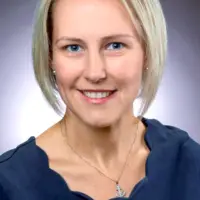
Tammy Soles
Director of Clinical Care and Staff Development
Contact Information
200 Wisteria Drive
Gainesville, GA 30501